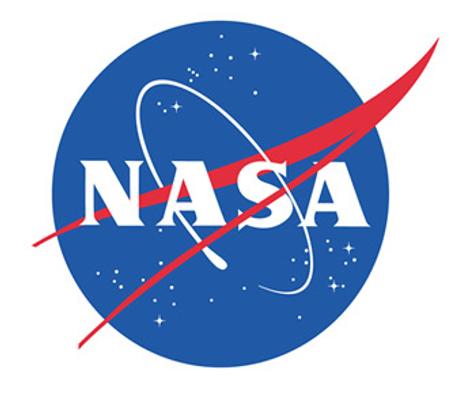In 2012, the President’s Council of Advisors on Science and Technology issued a dire warning that if the United States did not boost programming to produce one million more graduates in science, technology, engineering, and math (STEM), the nation would lose its status as the leader in those fields. Since then, several national science organizations, including the National Research Council, the National Academies of Sciences, and the National Academy of Engineering, have called on community colleges to lead STEM education to keep up with demand.
High on the list of priorities is preparing students early for STEM studies. Experts agree that children should be exposed to STEM career pathways in elementary school and should have continued exposure through their middle school and high school years. Classroom experiences are essential, but George Boggs, the CEO Emeritus of the American Association of Community Colleges, posits that visits to college campuses, involvement in research opportunities, advanced STEM studies in high school, science fairs, and summer camps are also necessary to get schoolchildren excited about careers in STEM.
This video illustrates that engineers, scientists, cybersecurity experts, and other STEM professionals are in demand.
According to Boggs, another critical component in devising successful STEM programs is developing curriculum articulation between high schools and community colleges to reduce the number of students taking remedial courses once they get to college. In math especially,


















